DRC’s Turning Moment
- Par Kimeng Hilton
- 30 Apr 2019 10:08
- 0 Likes
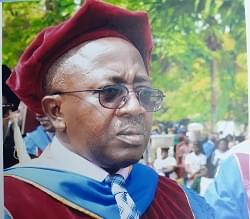
Prof. Emmanuel Yenshu Vubo, Political Sociologist, University of Buea.
The Democratic Republic of Congo, DRC on January 10, 2019 witnessed a first since independence from Belgium on June 30, 1960 – the peaceful transfer of power from one government to the other through democratic elections. Long-time opposition candidate, Félix Tshisekedi was declared winner of the December 30, 2018 presidential poll with 38.57 per cent of the vote. This was against 34.8 per cent for the runner-up, Martin Fayulu of the Lamuka coalition. President Joseph Kabila’s preferred successor, Emmanuel Ramazani Shadary, came a distant third. However, Tshisekedi’s coalition lost in the parliamentary, senate and provincial polls, thereby rendering his position shaky. Reason why more than three months since taking over office, Tshisekedi is still to name a prime minister and appoint a cabinet. This is suggestive of continuing horse-trading with the winning Kabila camp.
What explains the challenges being faced by the Democratic Republic of Congo, DRC new President, Felix Tshisekedi, in quickly moving the nation forward?
There are no real challenges as yet as the new President is in full control and has no problem performing his role as defined by the constitution and the reality of the political system. He is the Head of State and not head of government in a semi-presidential system where the Prime Minister, Head of Government, comes from the party that won parliamentary elections. The new President won by a relative majority (38.4 per cent) in poll that required neither simple nor absolute majorities. The results were contested, but that seemed not to have changed the outcome. President Felix Tshisekedi assumed functions and has been going about his constitutional duties rather normally. Nevertheless, the outcome of parliamentary and gubernatorial elections was less favourable to him. A majority in parliamentary and senate elections could have strengthened his position and put him in the same powerful situation as his predecessor, Joseph Kabila, whose Lamuka coalition won the votes with large majorities. This does not weaken the President either. In semi-presidential systems, there are provisions for the President and government to come from different parties or political camps, with no obligation to cooperate. This does not mean that they are opposed either. Such situations call for cohabitation, with each party playing its role - the President as chief executive and Head of State, and the government headed by a prime minister, running affairs on a daily basis. For now, Tshisekedi has remained within his role. The good news is that the President and Kabila have agreed to form a coalition government as expected by everyone, but it is taking long to come. This option seems realistic, whatever some parties may insinuate. Even then, there is no sign of crisis in the country currently run by Kabila’s former cabinet; while waiting. The other positive thing is that the country achieved transition without the instability or recurrent scenes of violent protests characteristic of African countries. This is change with continuity and stability, one may say.
What can Tshisekedi do to assert his authority as President?
He is the real President, with no signs of challenge to his authority; and does not need to assert it beyond the normal limits, with the risk becoming authoritative. He needs to stay on course and within his constitutional prerogatives. We should not request for democratic presidents and expect them to be authoritative at the same time. The fear of Kabila pulling the strings behind the scene should not blur our vision of political realities. There is a widespread feeling that the new President is being eclipsed by his predecessor because of the latter’s parliamentary and senate majority. This is misleading. Kabila has no other place in the new dispensation other than provided fo...
Cet article complet est réservé aux abonnés
Déjà abonné ? Identifiez-vous >
Accédez en illimité à Cameroon Tribune Digital à partir de 26250 FCFA
Je M'abonne1 minute suffit pour vous abonner à Cameroon Tribune Digital !
- Votre numéro spécial cameroon-tribune en version numérique
- Des encarts
- Des appels d'offres exclusives
- D'avant-première (accès 24h avant la publication)
- Des éditions consultables sur tous supports (smartphone, tablettes, PC)






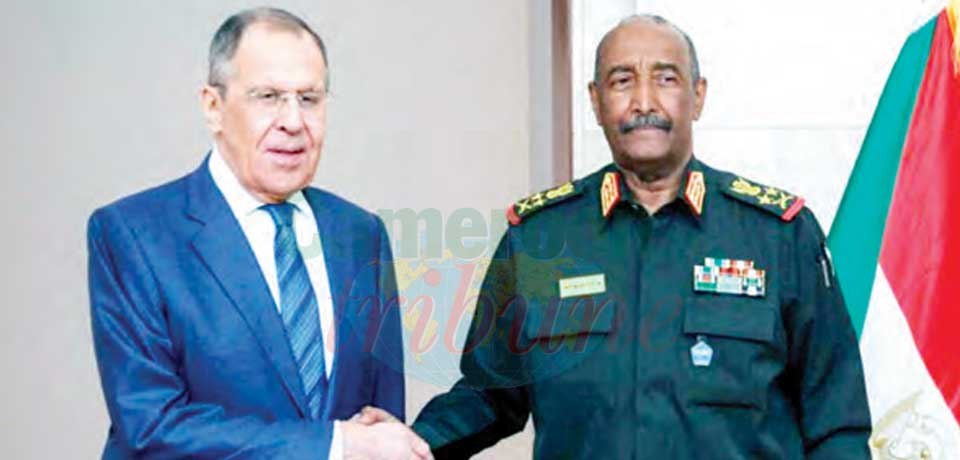
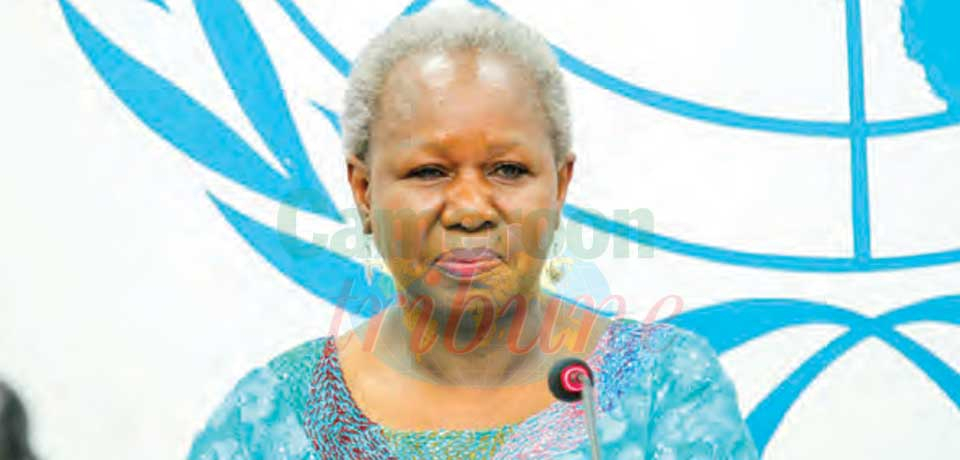
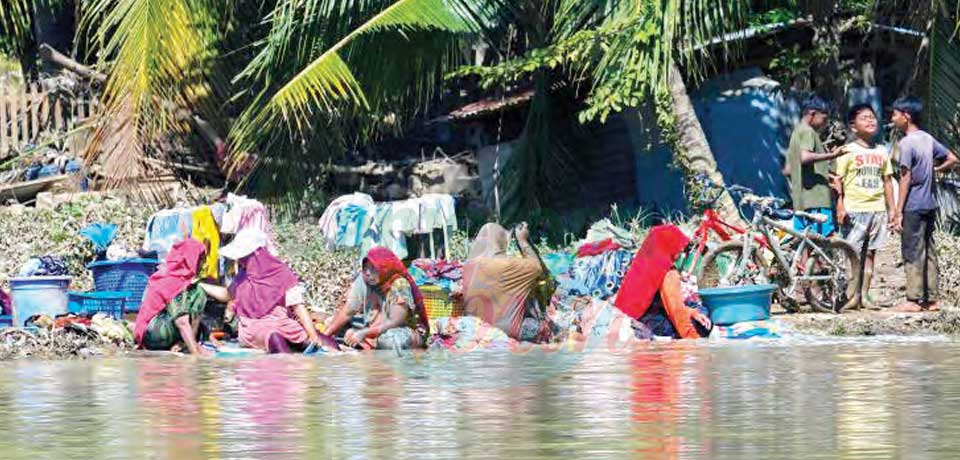
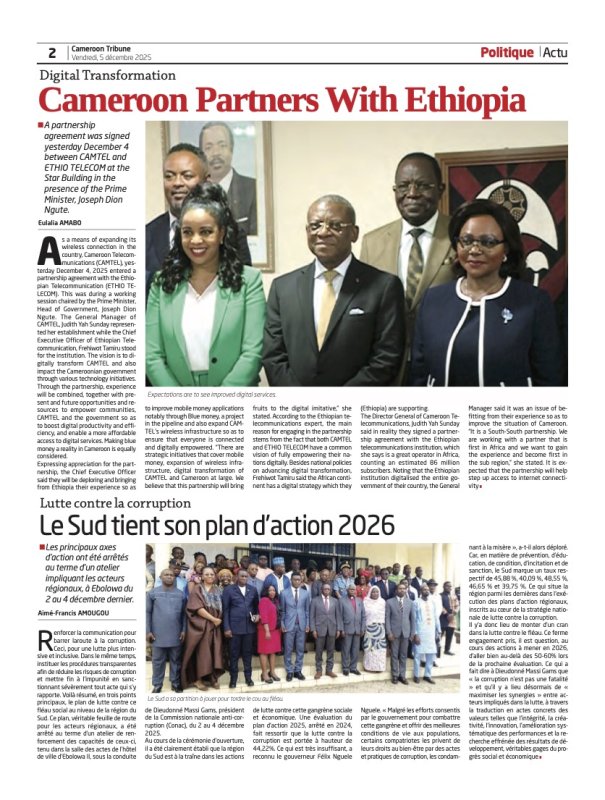




Commentaires